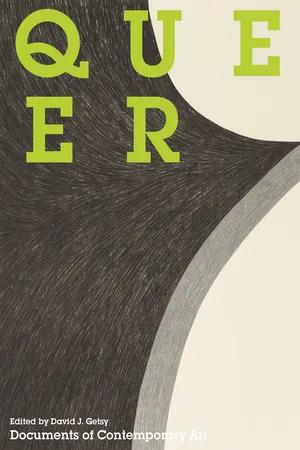
Ecuador’s Environmental Revolutions
Ecoimperialists, Ecodependents, and Ecoresisters
- English
- ePUB (mobile friendly)
- Available on iOS & Android
About this book
Ecuador is biologically diverse, petroleum rich, and economically poor. Its extraordinary biodiversity has attracted attention and funding from such transnational environmental organizations as Conservation International, the World Wildlife Fund, and the United States Agency for International Development. In Ecuador itself there are more than 200 environmental groups dedicated to sustainable development, and the country's 2008 constitution grants constitutional rights to nature. The current leftist government is committed both to lifting its people out of poverty and pursuing sustainable development, but petroleum extraction is Ecuador's leading source of revenue. While extraction generates economic growth, which supports the state's social welfare agenda, it also causes environmental destruction. Given these competing concerns, will Ecuador be able to achieve sustainability? In this book, Tammy Lewis examines the movement for sustainable development in Ecuador through four eras: movement origins (1978 to 1987), neoliberal boom (1987 to 2000), neoliberal bust (2000 to 2006), and citizens' revolution (2006 to 2015).
Lewis presents a typology of Ecuador's environmental organizations: ecoimperialists, transnational environmentalists from other countries; ecodependents, national groups that partner with transnational groups; and ecoresisters, home-grown environmentalists who reject the dominant development paradigm. She examines the interplay of transnational funding, the Ecuadorian environmental movement, and the state's environmental and development policies. Along the way, addressing literatures in environmental sociology, social movements, and development studies, she explores what configuration of forces—political, economic, and environmental—is most likely to lead to a sustainable balance between the social system and the ecosystem.
Frequently asked questions
- Essential is ideal for learners and professionals who enjoy exploring a wide range of subjects. Access the Essential Library with 800,000+ trusted titles and best-sellers across business, personal growth, and the humanities. Includes unlimited reading time and Standard Read Aloud voice.
- Complete: Perfect for advanced learners and researchers needing full, unrestricted access. Unlock 1.4M+ books across hundreds of subjects, including academic and specialized titles. The Complete Plan also includes advanced features like Premium Read Aloud and Research Assistant.
Please note we cannot support devices running on iOS 13 and Android 7 or earlier. Learn more about using the app.
Information
Table of contents
- Cover
- Title page
- Copyright page
- Table of Contents
- Acknowledgments
- Acronyms
- 1 Key Players and Conflicting Goals in the Development Trajectory
- 2 The Ecuadorian Context
- 3 Ideal Types of Environmentalism
- 4 Origins, 1978 to 1987: Ambientalistas and Ecologistas Emerge
- 5 Neoliberal Boom, 1987 to 2000: The Rise of Ecodependence
- 6 Organizational Bust, 2000 to 2006: Opportunities for Ecoresisters and Ecoalternatives
- 7 Citizens’ Revolution, 2006 to 2015: The Rise of the Paradoxical State
- 8 Hypotheses from Ecuador
- References
- Index